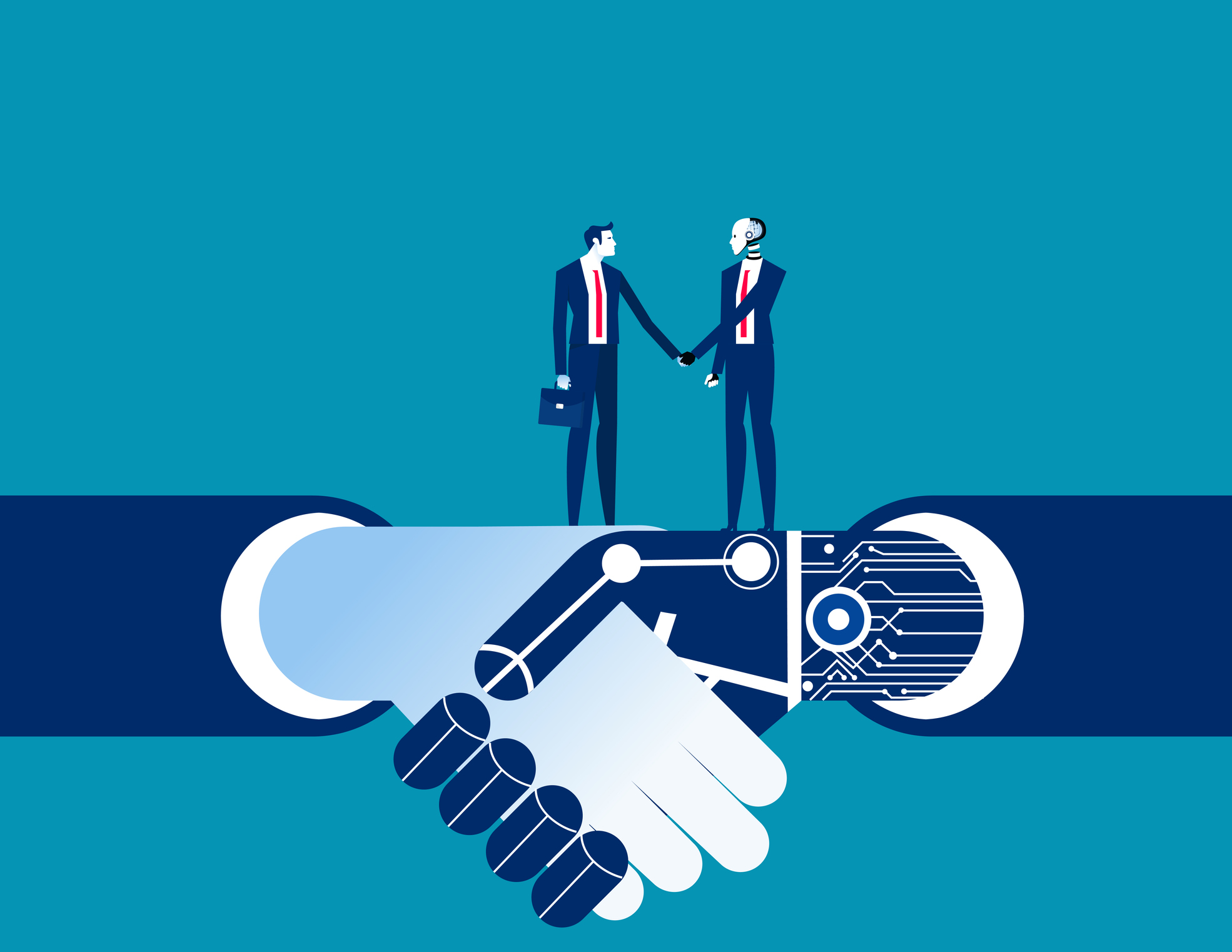Is artificial intelligence good or bad? Whatever the case, it's growing. Whether it's JPMorgan's AI cash flow model that claims to reduce manual banking by 90 percent, AI therapists or AI-powered security cameras, AI is making its mark on society and the workplace.
With so many resources being spent on its development and no real obstacles predicted, its rapid development will continue. In many ways this is a good thing that will help the pharmaceutical industry detect and understand diseases. On the other hand, there are concerns that AI will support cyber attacks, spread fake news and reduce job security.
What AI does for us now
AI can already drive vehicles and overcome obstacles. This has applications for military operations and space exploration.
Serious success is being achieved in trials of new machines designed to identify tumors on CT scans and X-rays, and AI is being used to predict kidney failure and help doctors assess lung cancer.
AI algorithms help drones identify targets in warfare, help companies like Amazon reduce packaging, and architects make their projects more efficient.
Mining and managing big data, and discovering important correlations within it, is possible with e-discovery software. This technology is also used to search through vast mountains of legal documents more effectively and efficiently than human paralegals can. Some journalistic jobs, such as sports overviews and market reports, are also already within the scope of AI, as are certain middle management tasks.
As AI continues to develop, it will not only be able to make tasks easier for humans. There are growing concerns that AI could become more intelligent than humans, with AI pioneer Geoffrey Hinton sounding the alarm in 2023.
Only 7% of UK startups are actively involved in AI – Despite Britain's push for global leadership in artificial intelligence, the number of startups actually harnessing or developing AI is scarce
Potential risks of AI
Several studies have shown that AI could displace large sectors of the workforce, and not just in traditional jobs. There are also concerns that algorithms could deny people certain opportunities, such as bank loans or college admissions, based on racial profiling. The technology could also be used by government forces to detect and suppress any form of dissent, creating highly autocratic societies.
As virtual assistants become better able to accurately predict what types of news stories someone will be interested in, there is also the potential to shape and polarize the opinions of a society. And of course the idea of weapons that can act autonomously is alarming to many people.
There is also concern about the impact of AI if it ends up in the wrong hands. AI can be used by fraudsters to make their fraud even more convincing, make cyber attacks harder to defend, and compromise data privacy.
It can also have a negative effect on the environment. AI – and data centers in particular – consume enormous amounts of electricity and water to function.
Is AI good or bad?
Our response now to artificial intelligence is very important. The technology is a tool that could improve our lives in many ways, but we must continue to discuss its potential for subjective experiences and human emotions, its potential to displace jobs and other important issues, and use it responsibly to go.
The US National Science and Technology Subcommittee on Machine Learning and Artificial Intelligence delivered a report on AI and employment to the White House in 2016, which acknowledged job losses but also highlighted potential new careers and opportunities.
Economists, anthropologists and other experts are also working with AI scientists to further explore its impact on conferences. Such active awareness and involvement in these issues will remain essential in the future.
Essentially, many of the benefits come down to training and regulation. Companies need to understand that without proper use, AI can be biased, discriminatory and unreliable in its earliest stages. Proper regulation can limit their use, minimize the risks of bias and discrimination, and hold criminals accountable for misconduct.
This article was originally written and published by Praseeda Nair on August 2, 2017.
More about AI
AI could add $500 billion to the value of SMEs worldwide – SMEs that create AI for business organizations or embed AI in their own businesses will add billions of dollars in value, says boutique technology bank DAI Magister
#debate #artificial #intelligence #good #bad #society


